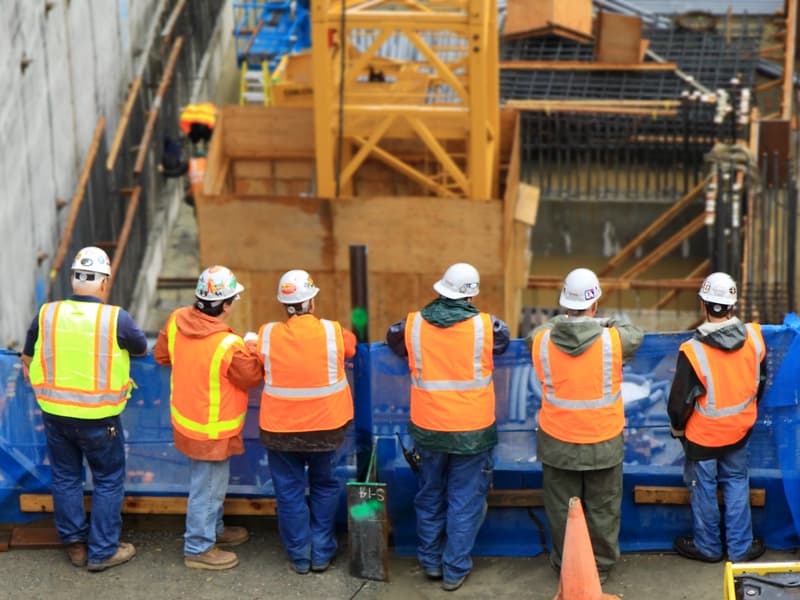Day Labor
Witnessing the human spirit

Phil Perkins recalls a time when he had to put himself in other shoes. He learned important lessons, including that day laborers deserve respect – a commodity often in short supply.
Every life takes twists and turns. Over the course of a lifetime we might even experience both feast and famine. My opinion is that it’s important to understand how to handle each, and that’s based upon personal experience.
I don’t know if you have ever driven by an employment center or construction site and noticed several men standing around or sitting together looking hopeful. Generally, they have on their work boots and sturdy jeans or rugged khakis. Some look more presentable than others, but all look intent on working that day. That’s what is generally called a day labor pool. Those that are lucky enough to be tapped are expected to work a solid eight hours, maybe more, and are paid on the spot at the end of that day. Generally, the work might be considered hard labor, although sometimes there are skilled opportunities involving carpentry or perhaps landscaping.
One might think of those men as bottom dwellers who don’t have the ambition to seek real and regular jobs. I might have even been guilty of that sort of thinking at some point. But my opinion rapidly changed when I found myself in that labor pool many years ago.
Moment of change
I remember vividly sitting on a hard, concrete floor in a warehouse waiting for a foreman to come by and arbitrarily choose a work crew. If I was lucky enough to be selected, we headed off to a work site and undertook the often-back-breaking work.
Of course, I had the opportunity to talk with some of those men while waiting to be selected. They represented a cross-section of society and varied ethnicities. I soon discovered that many of these rough-hewn souls were family men trying very hard to make ends meet until they could find regular work. Most were part of the blue-collar workforce and therefore well-suited to the hard days’ work ahead of them. As in my case, however, many others were relatively well-educated young guys who hadn’t quite mapped the course for their lives. Obviously, there were other guys who simply needed a “grub stake” or beer money, but that didn’t seem to be the norm.
I didn’t have to do day labor for long. I had résumés out, and after flipping burgers for a bit, found a job requiring a coat and tie. But doing day labor and mingling with those hard-working men taught me a lesson about human nature. Those men often had families and mouths to feed. They weren’t about to default on their real or implied promise to provide for those families, even at the risk of losing some dignity. I gained a lot of respect for my fellow man in that setting and have been careful to try to manage success as well as those men managed tough times.
Feast or famine, the way we view life can determine our successes and failures, our promises and commitments, and our place in this universe. Funny how a cold, damp, and dirty concrete floor can reflect something as basic as equality and the human spirit.
Phil Perkins is a writer, business owner and musician who lives in Richmond and Hilton Head Island, South Carolina, with his wife, Sandi. He is the author of several business books and two novellas about a legendary surfer in the 1960s. He also wrote a previous column for Boomer, “The ‘Tails’ of Two Heroes.”
For more Kindness content on Boomer, check out
- Gini Bonnell, spreading kindness one sign at a time
- Amal Damaj, making a better world for all
- The literal self-giving of Susan Dubuque


